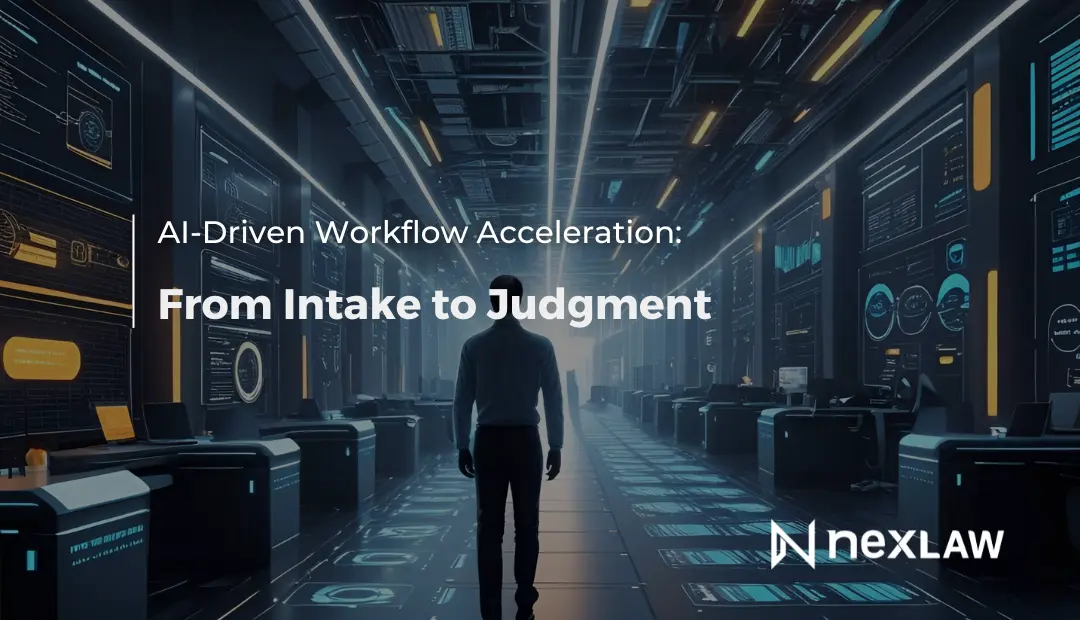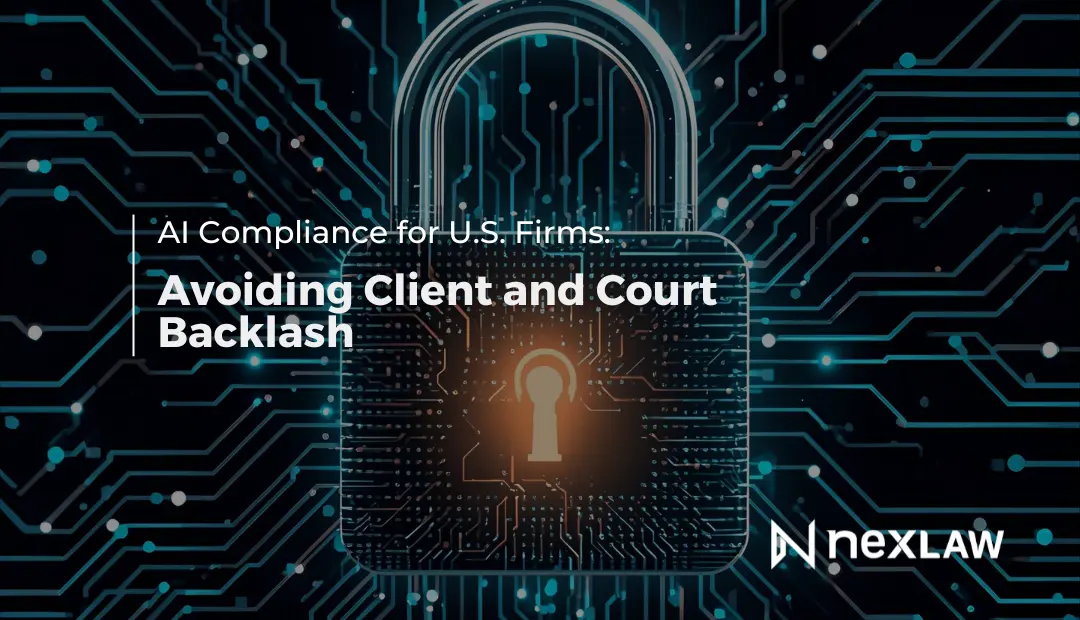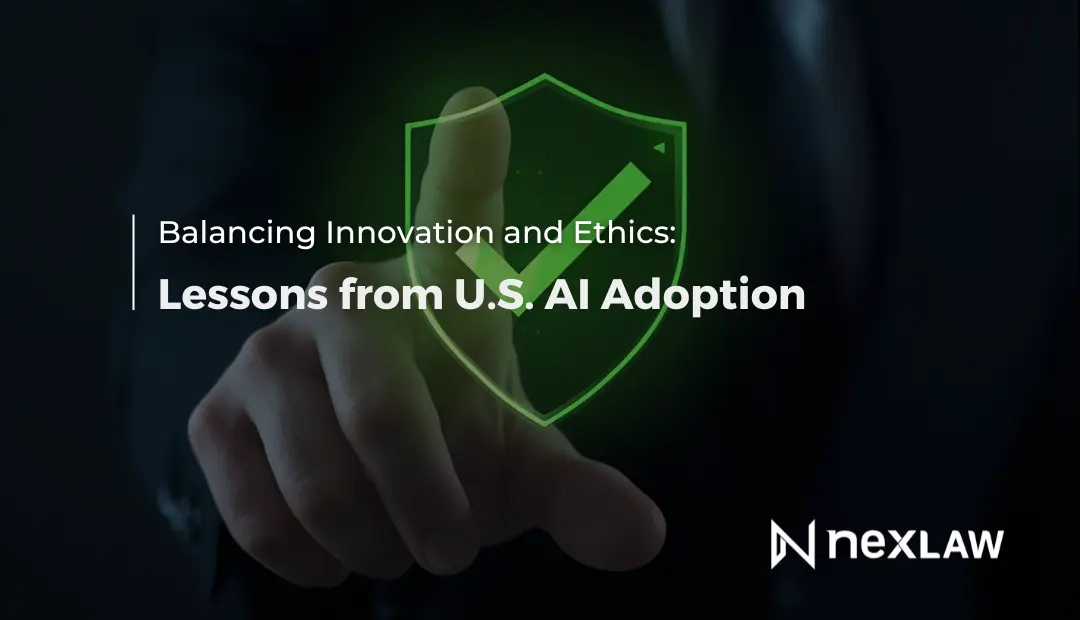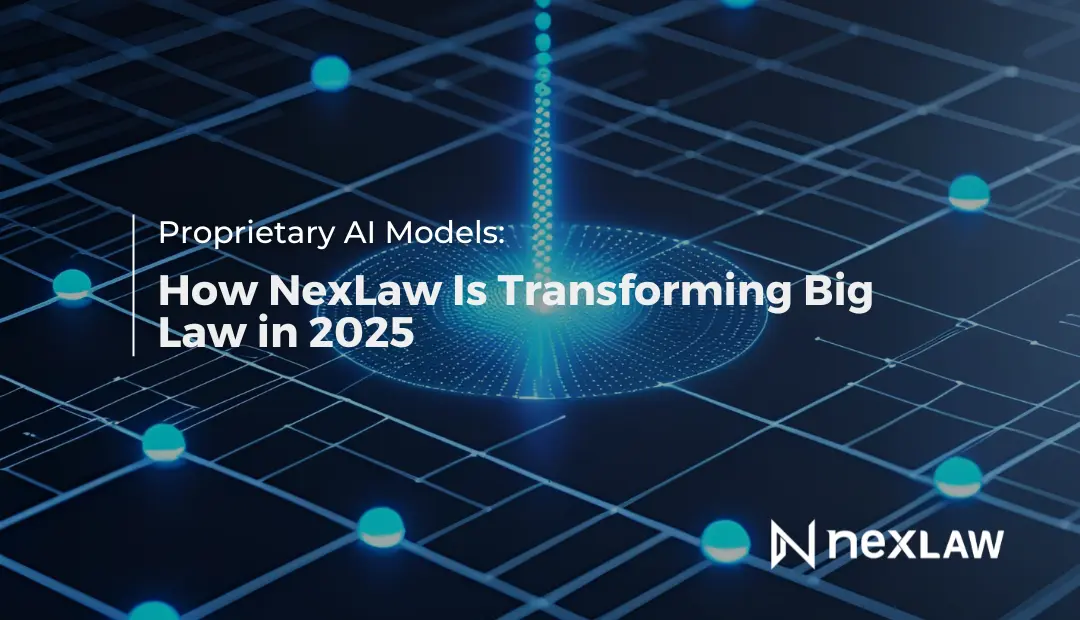AI-Driven Workflow Acceleration: From Intake to Judgment
The complete litigation lifecycle from initial client intake through final judgment presents numerous opportunities for AI-driven acceleration that transforms case management efficiency while enhancing strategic outcomes. Comprehensive workflow automation creates cascading efficiency gains throughout every phase of legal representation, enabling superior client service while optimizing resource utilization.
Unlock Legal Insights Instantly!
The Complete Litigation Lifecycle Challenge
Traditional litigation workflows involve multiple sequential processes that create inherent delays and resource inefficiencies. Client Intake and Matter Management (13.8%) ranks among the top priorities for law firm automation, while Deposition and Transcript Management (20.7%) leads automation priorities, demonstrating the comprehensive scope of workflow optimization opportunities.
Traditional lifecycle challenges include fragmented processes creating bottlenecks, manual handoffs requiring coordination that introduces delays, inefficient resource allocation across simultaneous cases, quality inconsistency with variable standards, and timeline unpredictability from manual processes affecting client expectations. These traditional approaches often extend litigation timelines unnecessarily while increasing costs and reducing strategic effectiveness. AI transformation addresses each phase systematically, creating cumulative efficiency gains throughout litigation lifecycles.
AI-Powered Intake and Matter Management
AI transformation begins at case inception with intelligent intake systems that optimize client onboarding while establishing efficient case management foundations:
Intelligent Client Screening: AI systems analyze potential case characteristics, conflict issues, and strategic viability to enable informed engagement decisions.
Automated Document Collection: Smart intake platforms guide clients through document submission processes while ensuring completeness and organization.
Case Assessment Analytics: Predictive models provide immediate case evaluation including success probability, timeline estimates, and resource requirements.
Conflict Checking Automation: AI systems conduct comprehensive conflict analysis across firm databases and public records to ensure ethical compliance.
Strategic Planning Initiation: Automated systems begin strategic analysis and planning processes immediately upon case acceptance.
Discovery and Document Management Acceleration
AI revolutionizes the discovery phase through comprehensive automation that dramatically reduces timeline requirements while enhancing analytical quality:
Automated Document Review: AI systems scan vast amounts of digital data, detecting relevant evidence faster than human reviewers while ensuring greater accuracy and efficiency in compliance management.
Intelligent Organization: Advanced platforms create logical document hierarchies and chronologies automatically, providing organized discovery materials that facilitate strategic analysis.
Pattern Recognition: AI algorithms identify subtle document patterns and relationships that reveal strategic opportunities and evidentiary connections.
Privilege Protection: Automated systems identify potentially privileged communications, reducing inadvertent disclosure risks while maintaining efficiency.
Deposition Preparation: AI platforms analyze witness statements and deposition transcripts to identify patterns that might indicate credibility issues, enabling focused preparation strategies.
Motion Practice and Brief Development Automation
AI transformation extends to motion practice through intelligent drafting assistance and strategic optimization:
Automated Motion Generation: AI systems produce complete motion drafts with jurisdiction-specific requirements and strategic positioning within minutes.
Research Integration: Advanced platforms automatically incorporate relevant legal authorities and precedents into motion drafts, reducing research time requirements.
Strategic Argument Development: AI analysis identifies optimal argumentation strategies based on judicial preferences and historical success patterns.
Quality Optimization: Automated review systems ensure motion quality while providing suggestions for improvement and strategic enhancement.
NexLaw’s Comprehensive Workflow Platform
NexLaw’s AI-driven workflow acceleration platform provides end-to-end automation that exceeds competing solutions through integrated lifecycle management. Our platform addresses the complete spectrum of litigation workflows through unified technological solutions.
Integrated Lifecycle Management: NexLaw provides seamless automation across all litigation phases, eliminating handoff inefficiencies and coordination delays.
Advanced Analytics Integration: Our platform combines predictive analytics, document automation, and strategic planning within unified workflows that optimize case outcomes.
Quality Assurance Systems: Comprehensive quality control ensures automation maintains professional standards while delivering efficiency benefits.
Client Communication Integration: Automated client updates and communication coordination maintain transparency while reducing administrative overhead.
Unlike competing platforms that offer point solutions for specific workflow phases, NexLaw delivers comprehensive lifecycle automation that transforms entire case management approaches.
Trial Preparation and Courtroom Optimization
AI workflow acceleration extends through trial preparation with comprehensive automation that enhances courtroom readiness:
Evidence Organization: AI platforms organize case materials in chronological order and identify where evidence might be missing, providing comprehensive trial preparation support.
Witness Analysis: Advanced systems analyze witness statements and testimony patterns to inform examination strategies and credibility assessments.
Jury Analytics: Predictive models analyze jury composition factors and historical verdict patterns to inform voir dire strategy and argument development.
Timeline Optimization: AI systems coordinate trial preparation tasks and deadline management to ensure optimal courtroom readiness.
Settlement and Resolution Acceleration
AI platforms optimize settlement processes through data-driven analysis that accelerates resolution while maximizing client outcomes:
Valuation Analytics: Predictive models provide objective settlement valuations based on historical data analysis, enabling realistic expectation setting and efficient negotiation.
Timing Optimization: AI analysis identifies optimal settlement timing based on case development patterns and opposing counsel historical behavior.
Strategy Intelligence: Comprehensive opponent analysis reveals settlement preferences and historical patterns that inform negotiation approaches.
Documentation Automation: AI systems generate settlement agreements and related documentation with comprehensive protection clauses and strategic positioning.
Resource Optimization and Capacity Management
AI-driven workflow acceleration enables sophisticated resource optimization that maximizes firm efficiency while ensuring quality standards:
Dynamic Resource Allocation: AI systems automatically allocate personnel and resources based on case priority, deadline requirements, and strategic importance.
Capacity Planning: Predictive models forecast resource requirements and identify potential bottlenecks before they impact case timelines.
Skill Matching: Intelligent systems match case requirements with attorney and staff capabilities for optimal efficiency and quality outcomes.
Workload Balancing: Automated systems distribute work across team members to optimize productivity while preventing overload and quality degradation.
Cost Management and ROI Optimization
AI-driven workflow acceleration provides substantial cost benefits through efficiency improvements that reduce operational expenses while enhancing service quality:
Direct Cost Reduction: Workflow automation reduces manual task requirements, enabling competitive fee structures while maintaining profitability.
Timeline Acceleration: Compressed case timelines reduce overall client costs while improving firm cash flow and capacity utilization.
Resource Efficiency: Optimal resource allocation eliminates waste and inefficiency while maximizing billable productivity.
Quality Enhancement: Automated quality control reduces error correction costs and professional liability risks.
Organizations implementing comprehensive workflow automation report 50-70% improvement in case processing efficiency while maintaining or improving quality standards.
Client Experience Enhancement
AI-driven workflow acceleration directly enhances client experience through improved communication, predictable timelines, and superior service quality:
Transparent Communication: Automated status updates and progress reporting provide clients with continuous case visibility and engagement.
Predictable Timelines: AI-optimized workflows provide realistic timeline estimates and consistent progress toward case resolution.
Quality Consistency: Automated processes ensure consistent service quality regardless of case complexity or resource constraints.
Cost Predictability: Efficient workflows enable accurate cost estimation and budget management for client financial planning.
Integration and Implementation Strategy
Successful workflow acceleration implementation requires strategic integration that maximizes benefits while minimizing disruption:
Phased Implementation: Systematic introduction of workflow automation enables gradual adaptation while maintaining service quality during transition.
System Integration: Comprehensive integration with existing technology platforms ensures seamless workflow enhancement without replacement requirements.
Team Training: Extensive training programs ensure legal professionals optimize AI workflow capabilities while maintaining professional competencies.
Performance Monitoring: Continuous assessment enables workflow optimization and ensures sustained value realization.
Future Workflow Evolution
AI workflow capabilities continue advancing toward greater sophistication and autonomous operation:
Autonomous Case Management: Future systems will provide fully autonomous case management with minimal human oversight for routine matters.
Predictive Workflow Optimization: Advanced platforms will predict optimal workflow paths and automatically adjust processes for maximum efficiency.
Cross-Case Intelligence: Next-generation systems will optimize workflows across multiple simultaneous cases for maximum firm-wide efficiency.
Client Collaboration Integration: Enhanced platforms will integrate client collaboration directly into automated workflows for seamless communication and coordination.
Competitive Advantage Through Workflow Excellence
Firms implementing comprehensive AI-driven workflow acceleration establish sustainable competitive advantages through superior efficiency and service capabilities:
Operational Excellence: Automated workflows enable superior operational efficiency that translates into competitive pricing and enhanced profitability.
Service Differentiation: Workflow optimization enables service quality and consistency that distinguishes firms in competitive markets.
Scalability Benefits: Automated workflows enable efficient scaling without proportional resource increases or quality degradation.
Client Satisfaction: Enhanced efficiency and communication improve client satisfaction and retention rates.
Professional Development and Change Management
Workflow automation adoption requires professional development that ensures optimal technology utilization while maintaining legal competencies:
Technology Integration: Legal professionals must develop workflow automation proficiency to maximize platform capabilities and competitive relevance.
Process Optimization: Professional development addresses optimal integration of automated workflows with legal practice requirements and client service standards.
Quality Management: Training ensures automated workflows maintain professional standards and ethical compliance requirements.
Client Communication: Development programs optimize client communication regarding workflow benefits and service enhancements.
Transform Your Complete Litigation Practice
AI-powered workflow automation is no longer a luxury, it’s the foundation of efficient, scalable litigation. From intake to judgment, streamlined operations define the firms that win more, spend less, and serve better.
NexLaw AI delivers full-lifecycle workflow acceleration built for litigation:
- NeXa AI Assistant - Coordinates research, drafting, and strategy with 10 litigation-focused tools
- TrialPrep - Centralizes case prep, timelines, and trial materials for faster readiness
- ChronoVault – Automates chronology building, issue mapping, and evidence linking from the moment a case begins
Book a Demo - See how NexLaw unifies your litigation lifecycle
Explore Plans - Includes a free 3-day trial
GET 15% OFF annual plans with code: ANNIV15MONTHLY or ANNIV15ANNUAL | Offer valid until August 31, 2026




.webp)





